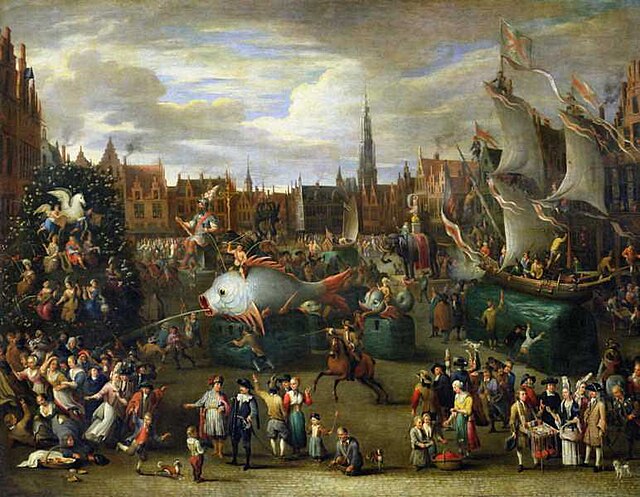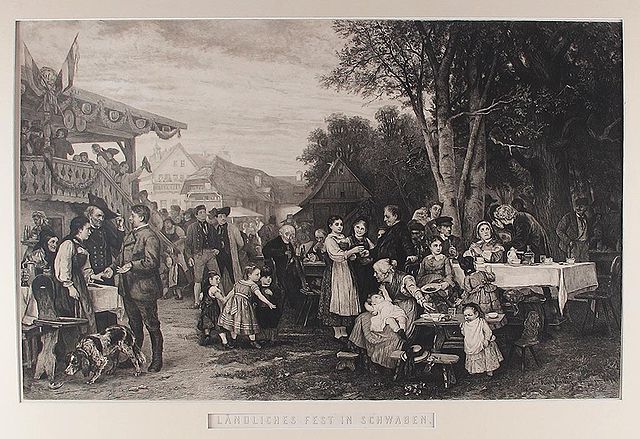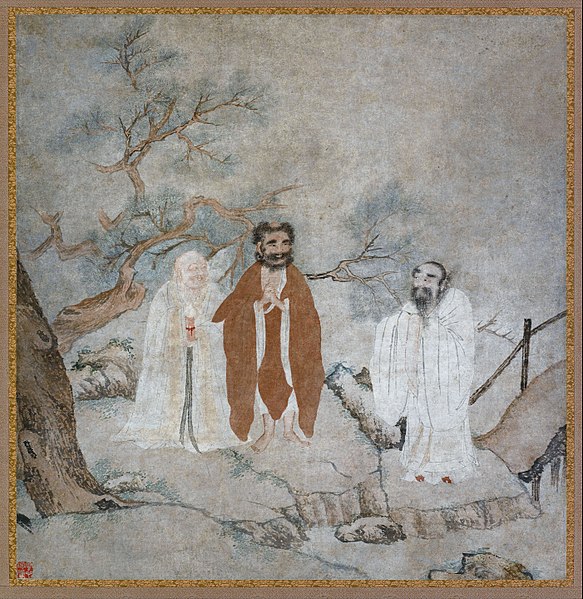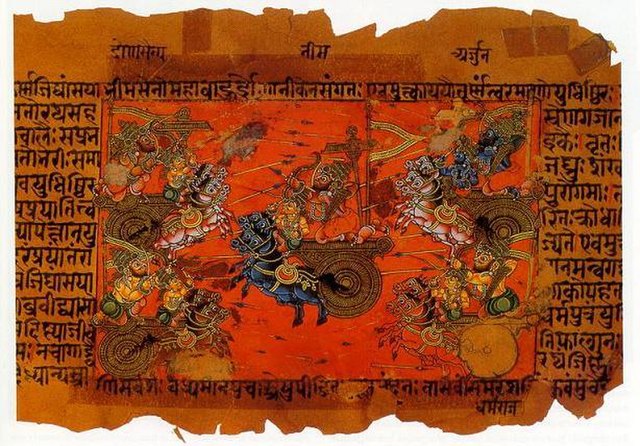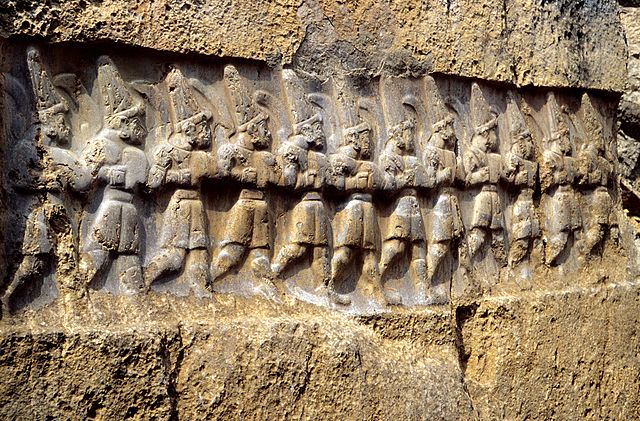A festival is an event celebrated by a community and centering on some characteristic aspect or aspects of that community and its religion or cultures. It is often marked as a local or national holiday, mela, or eid. A festival constitutes typical cases of glocalization, as well as the high culture-low culture interrelationship. Next to religion and folklore, a significant origin is agricultural. Food is such a vital resource that many festivals are associated with harvest time. Religious commemoration and thanksgiving for good harvests are blended in events that take place in autumn, such as Halloween in the northern hemisphere and Easter in the southern.
Musikfest, an eleven-day outdoor music festival held annually each August in Bethlehem, Pennsylvania, is the largest free music festival in the United States, drawing over 1.3 million attendees.
The Hindu festival of Holi at Sri Sri Radha Krishna Temple in Utah, U.S.
A festival at Antwerp, Belgium, in the 17th century
A country festival in Swabia
Religion is a range of social-cultural systems, including designated behaviors and practices, morals, beliefs, worldviews, texts, sanctified places, prophecies, ethics, or organizations, that generally relate humanity to supernatural, transcendental, and spiritual elements—although there is no scholarly consensus over what precisely constitutes a religion. Different religions may or may not contain various elements ranging from the divine, sacredness, faith, and a supernatural being or beings.
The Buddha, Laozi, and Confucius – founders of Buddhism, Taoism (Daoism) and Confucianism – in a Ming dynasty painting
Budazhap Shiretorov (Будажап Цыреторов), the head shaman of the religious community Altan Serge (Алтан Сэргэ) in Buryatia
A manuscript depicting the climactic Kurukshetra War in Hindu epic Mahabharata. The Mahabharata is the longest epic poem known and a key source of Hindu mythology.
The Yazılıkaya sanctuary in Turkey, with the twelve gods of the underworld



